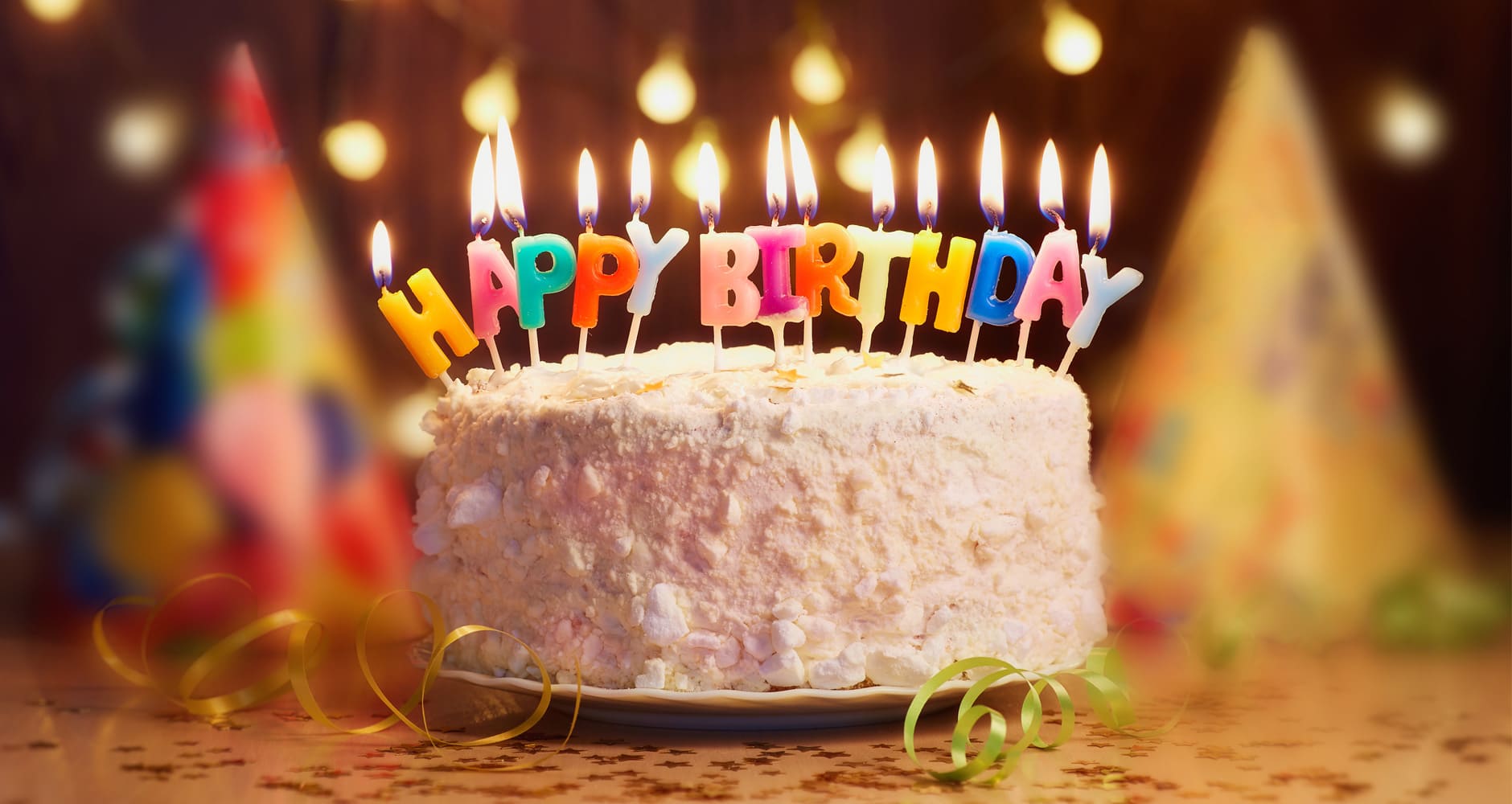

Articles
When Did Birthday Candles Originate
Modified: January 9, 2024
Discover the fascinating history of birthday candles in this informative article. Learn when and how birthday candles originated and became a beloved tradition.
(Many of the links in this article redirect to a specific reviewed product. Your purchase of these products through affiliate links helps to generate commission for Storables.com, at no extra cost. Learn more)
Introduction
Birthday candles have become an iconic part of birthday celebrations around the world. They add a magical touch to the moment when we celebrate another trip around the sun. But have you ever wondered how this tradition came to be? When did birthday candles originate, and what is the significance behind them?
While the exact origins of birthday candles are shrouded in history, the tradition goes back thousands of years and holds various cultural and symbolic meanings. In this article, we will explore the ancient origins of birthdays, the early traditions of birthday celebrations, the birth of birthday candles as a part of the celebration, the symbolism behind blowing out the candles, and how birthday candle traditions have evolved in modern times.
Let’s embark on a journey through time to uncover the fascinating history of birthday candles and the significance they hold in our celebrations today!
Key Takeaways:
- Birthday candles have ancient origins, rooted in early pagan and religious traditions, and symbolize the glow of the moon and the gods. Blowing them out signifies making wishes and triumphing over challenges.
- Modern birthday candle traditions have evolved with personalized and LED candles, but the core symbolism remains intact. They represent a celebration of life, reflection, and hope for the future.
Read more: Where Did Glass Blowing Originate
Ancient Origins of Birthdays
The concept of celebrating birthdays can be traced back to ancient civilizations. The origins of birthday celebrations can be found in early pagan and religious traditions, where the birth of individuals held special significance.
Many ancient cultures believed that the day of a person’s birth had a profound influence on their life. It was seen as a sacred moment when the individual’s destiny and future were determined. In these societies, birthdays were often celebrated as important milestones and were accompanied by various rituals and customs.
One of the earliest recorded instances of birthday celebrations can be found in ancient Egypt. The pharaohs and other noble individuals were believed to be gods incarnate, and their birthdays were commemorated with grand festivities. These celebrations included elaborate feasts, music, dancing, and offerings to the deities.
The ancient Greeks also celebrated birthdays, but the focus was more on the gods and goddesses. They believed that each person had a protective spirit or daemon, and on the day of their birth, this spirit would manifest to protect and guide them throughout the year. To honor the gods and their protective spirits, people would gather and offer prayers and sacrifices.
The Romans, known for their love of festivities, celebrated birthdays with great enthusiasm. However, their celebrations were mostly reserved for men and were seen as a way to honor one’s ancestors. The birthday person would hold a private feast, invite friends and family, and receive gifts and well-wishes.
Beyond these ancient civilizations, many other cultures also had their unique ways of celebrating birthdays. From Celtic traditions to Chinese culture, birthday celebrations held cultural significance and were a time of joy, reflection, and acknowledgement of one’s existence.
While these ancient celebrations did not involve candles, they laid the foundation for the modern-day birthday festivities we know today. The concept of honoring and commemorating the day of one’s birth has stood the test of time and continues to be an integral part of our lives.
Early Traditions of Birthday Celebrations
As birthday celebrations evolved over time, different cultures developed their own unique rituals and traditions to mark the occasion. These early traditions laid the groundwork for the inclusion of candles in birthday celebrations.
In ancient Greece, candles played a significant role in birthday celebrations. The Greeks believed that candles had a symbolic connection to the gods and their spirits. On a person’s birthday, they would light candles and place them on a round cake to represent the glow of the moon, which was believed to have a profound influence on human lives. The candles were also believed to send the person’s wishes and prayers to the gods when blown out.
In ancient Rome, birthday celebrations were dedicated to a specific god or goddess, depending on the month in which the person was born. When celebrating the birthday of a loved one, Romans would often bake a special cake made with wheat flour, olive oil, and honey. They would then adorn the cake with candles, representing the glow of the full moon, and place it on the temple altar as an offering to the deities.
Other early traditions included the lighting of bonfires on birthdays. In ancient Celtic cultures, bonfires were lit on the eve of a person’s birthday to ward off evil spirits and bring good luck for the upcoming year. This practice continued in many European cultures, and the tradition of lighting candles on birthday cakes can be seen as a symbolic representation of these bonfires.
Overall, early birthday celebrations were a time for gathering with loved ones, enjoying special treats, and expressing gratitude for another year of life. These traditions varied from culture to culture but shared a common thread of celebrating the individual and acknowledging their existence.
It was through these early traditions that the concept of incorporating candles into birthday celebrations began to take shape. Candles were seen as a symbol of light, warmth, and divine connection, and they would soon become a staple of birthday festivities in the years to come.
The Birth of Birthday Candles
The inclusion of candles in birthday celebrations can be traced back to ancient times, but it wasn’t until the middle ages that the tradition of placing candles on cakes became popular.
During this period, birthday cakes were an exclusive luxury that only the wealthy could afford. These cakes were often richly decorated with intricate designs and symbols, and candles were added to enhance their visual appeal.
One theory suggests that the tradition of placing candles on birthday cakes can be attributed to the Germans. They celebrated children’s birthdays with a cake called “Geburtstagorten,” which was usually a single layer cake topped with candles equal to the child’s age plus one for good luck.
It is believed that the tradition of lighting candles on birthday cakes originated from the Greeks and Romans. The illuminated candles symbolized the glow of the moon, the gods, and the spirits that were believed to watch over the person on their special day.
The number of candles on the cake also holds significance. In some cultures, each candle represents a year of life, while others follow the German tradition of adding one extra candle for good luck or to represent the coming year.
As time went on, the tradition of adding candles to a birthday cake became more widespread. With the introduction of mass-produced candles in the 18th century, candles became more affordable and accessible to the general population. This allowed the tradition to spread beyond the elite and become a common practice among people of all social classes.
Today, birthday candles come in an array of shapes, colors, and sizes. From traditional tapered candles to novelty-shaped candles, there is a candle to suit every individual’s taste and style. Some even sport trick candles that relight themselves after being blown out, adding a playful twist to the celebration.
The birth of birthday candles as we know them today is a testament to the enduring nature of tradition and the magic they bring to birthday celebrations. From their humble origins as symbolic offerings to the gods and spirits, candles have become an iconic and cherished element of birthday festivities around the world.
The tradition of placing candles on a birthday cake can be traced back to ancient Greece, where people would offer round cakes adorned with lit candles to honor the goddess Artemis.
Symbolism of Blowing Out Birthday Candles
Blowing out birthday candles is a universally recognized tradition that holds deep symbolism and significance. This ritual has become a highlight of birthday celebrations, but have you ever wondered why we blow out candles on our special day?
One popular belief is that blowing out birthday candles carries a symbolic meaning related to wishes and desires. It is said that when we blow out the candles on our cake, the smoke carries our wishes and prayers up to the heavens, where they have a better chance of coming true.
This belief can be traced back to various ancient cultures. The Greeks and Romans believed that the smoke from candles carried their messages and intentions to the gods. By blowing out the candles, they sought the gods’ blessings and protection for the coming year.
Another interpretation of blowing out birthday candles is linked to the idea of marking the passage of time. Each candle represents a year of life, and as we extinguish them, we symbolically leave behind the past and embrace the future. It is a way of acknowledging the passing of time and expressing gratitude for the experiences and memories gained during the previous year.
Blowing out candles is also seen as a symbolic act of triumph over challenges and obstacles. It represents the ability to overcome difficulties and emerge stronger and wiser. When we blow out the candles, we are metaphorically blowing away the struggles and hardships of the past year, making space for new beginnings and opportunities.
For children, blowing out birthday candles is often accompanied by the tradition of making a wish. It is believed that if you make a secret wish before blowing out the candles and manage to extinguish all the flames in one breath, your wish will come true. This practice adds an element of excitement and anticipation to the celebration and fosters a sense of hope and optimism.
While the specific symbolism may vary from culture to culture, the act of blowing out birthday candles remains a cherished and meaningful tradition. It serves as a moment of reflection, connection with loved ones, and a time to express gratitude for the past and set intentions for the future.
So, the next time you blow out your birthday candles, take a moment to appreciate the rich symbolism behind the act and embrace the joy and magic that this age-old tradition brings to your celebration.
Read more: How To Make Birthday Cake Candles
Modern Day Birthday Candle Traditions
In today’s modern world, birthday candle traditions have evolved and taken on new forms, while still maintaining their essential symbolism and significance. Let’s explore some of the common practices and trends associated with birthday candles in contemporary celebrations.
One prevalent tradition is the practice of singing the “Happy Birthday” song while the candles are being lit. This catchy tune, composed by Patty Hill and Mildred J. Hill in 1893, has become synonymous with birthdays and is often sung as the candle-lit cake is presented to the birthday person.
When it comes to the number of candles, some people prefer to adhere to the age-old tradition of placing one candle for each year of the person’s life. Others may choose to use a numerical candle representing the milestone age being celebrated, such as 16 or 50. It is also not uncommon to find themed candles that reflect the birthday person’s interests or hobbies.
Additionally, personalized or customized candles have gained popularity in recent years. These candles may have the person’s name, age, or a special message written on them, adding a unique and personal touch to the celebration.
Another trend is the use of candle alternatives. Some individuals opt for LED candles that mimic the flickering glow of traditional candles, providing a safer option, especially for young children or in venues where open flames are not allowed. These LED candles can be reused, making them a more environmentally-friendly choice.
Furthermore, birthday candles have extended beyond cakes. As dessert options expand, people have started placing candles on cupcakes, brownies, or other sweet treats. This allows for more creativity in presentation and caters to individual preferences and dietary restrictions.
Social media platforms have also influenced the way we celebrate birthdays. The ritual of blowing out candles is often captured in photos or videos and shared online to commemorate the occasion. This digital documentation allows friends and family from near and far to participate in the joy and celebration, even if they cannot physically be present.
Despite these modern variations, the core symbolism of birthday candles remains intact. Blowing out the candles still signifies making wishes, expressing gratitude, and embracing the new year ahead. It is a moment of celebration, joy, and reflection on the journey of life.
As we continue to embrace new traditions and adapt to the changing times, birthday candles remain a constant thread that connects us to our past and creates cherished memories for the future. So, the next time you celebrate a birthday, light those candles, make a wish, and bask in the warm glow of this timeless tradition.
Conclusion
Birthday candles hold a rich and fascinating history that stretches back thousands of years. From the ancient origins of birthday celebrations to the birth of the tradition of blowing out candles, these symbolic flames have become an integral part of our birthday festivities.
We have explored how ancient civilizations celebrated birthdays, with rituals and customs that laid the foundation for the inclusion of candles in these special celebrations. As time passed, the tradition of placing candles on cakes became more widespread, and the act of blowing them out took on deeper symbolism.
Blowing out birthday candles carries multiple meanings, including making wishes, marking the passage of time, and triumphing over challenges. The act of extinguishing the flames symbolizes leaving behind the past and embracing the opportunities and experiences that lie ahead.
In modern times, birthday candle traditions have evolved and adapted to new trends and technologies. From personalized and themed candles to LED alternatives, there is a wide range of options available to suit individual preferences and circumstances. Social media has also transformed the way we share and document these moments, allowing friends and family to participate virtually.
But at the heart of it all, birthday candles remain a timeless tradition that connects us to our past, brings joy to the present, and signifies hope for the future. They represent a celebration of life, a moment of reflection, and a chance to express gratitude for the years gone by.
So, the next time you celebrate a birthday and the candles flicker on the cake, take a moment to appreciate the rich history and symbolism they hold. Embrace the tradition, make a wish, and blow out those candles with joy and anticipation for the journey ahead.
Happy birthday!
Frequently Asked Questions about When Did Birthday Candles Originate
Was this page helpful?
At Storables.com, we guarantee accurate and reliable information. Our content, validated by Expert Board Contributors, is crafted following stringent Editorial Policies. We're committed to providing you with well-researched, expert-backed insights for all your informational needs.
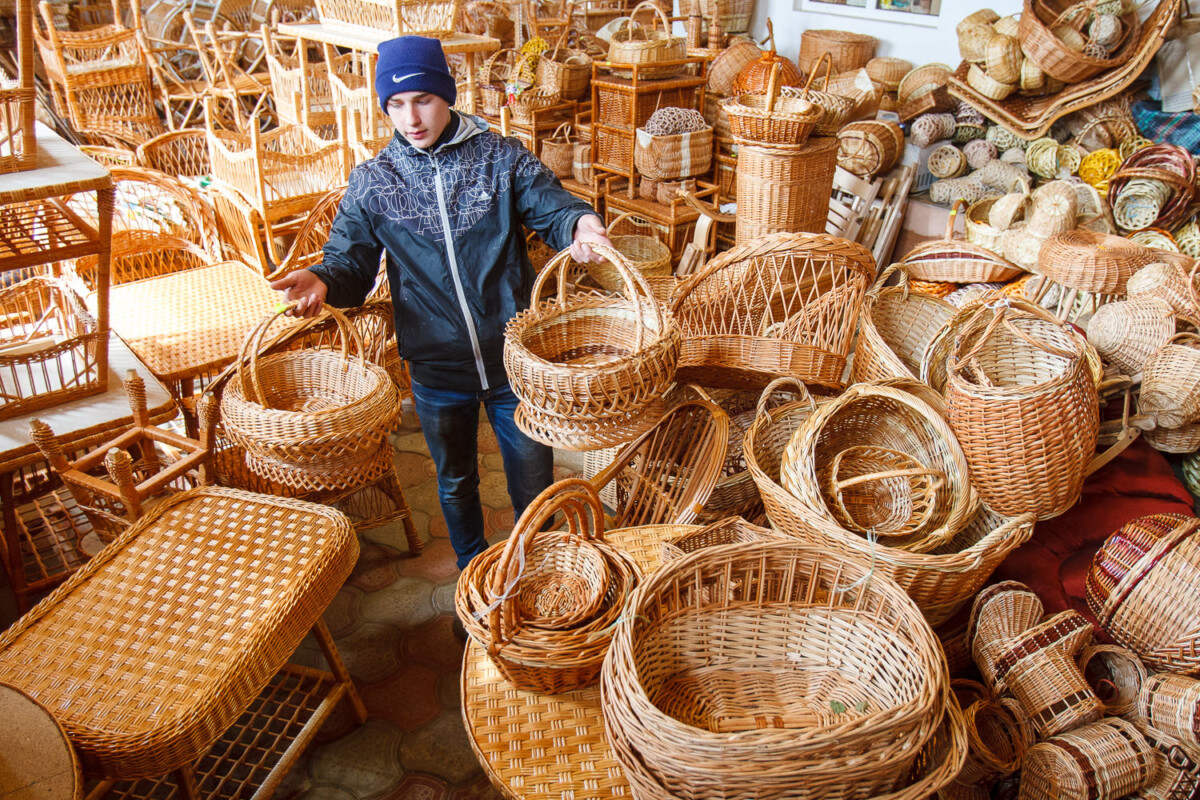
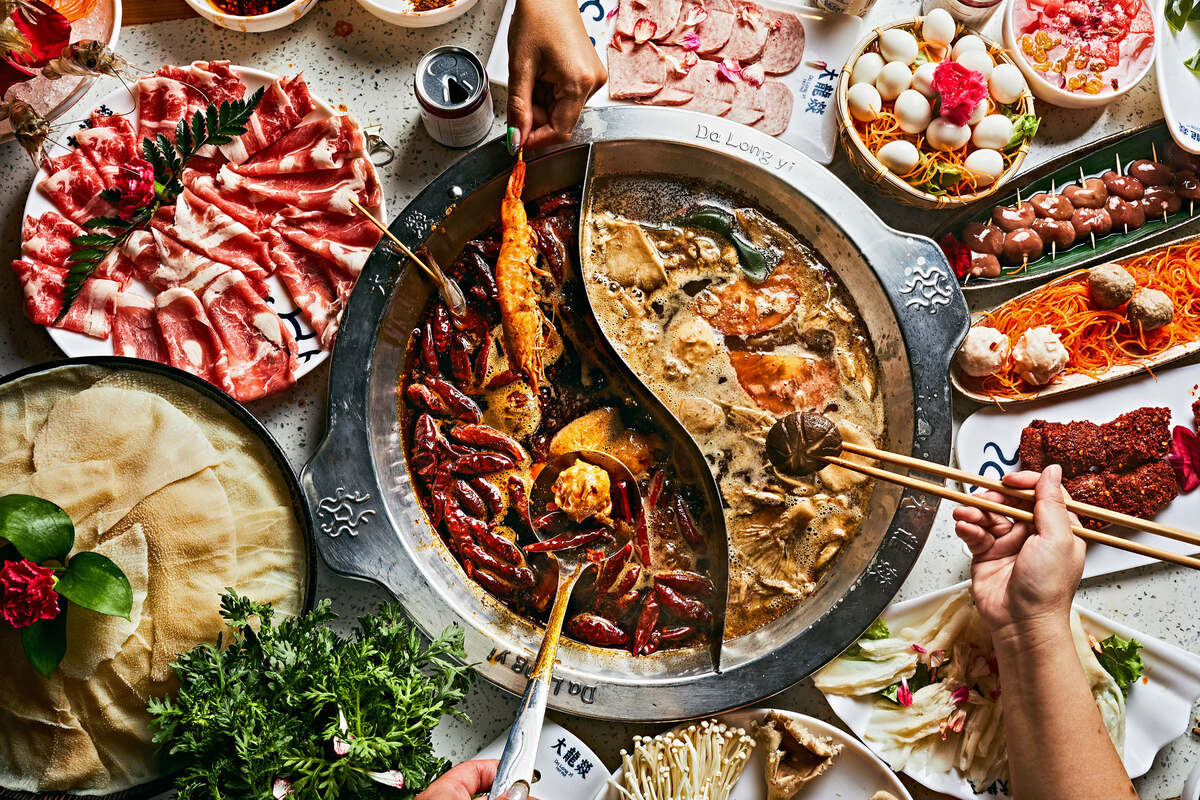
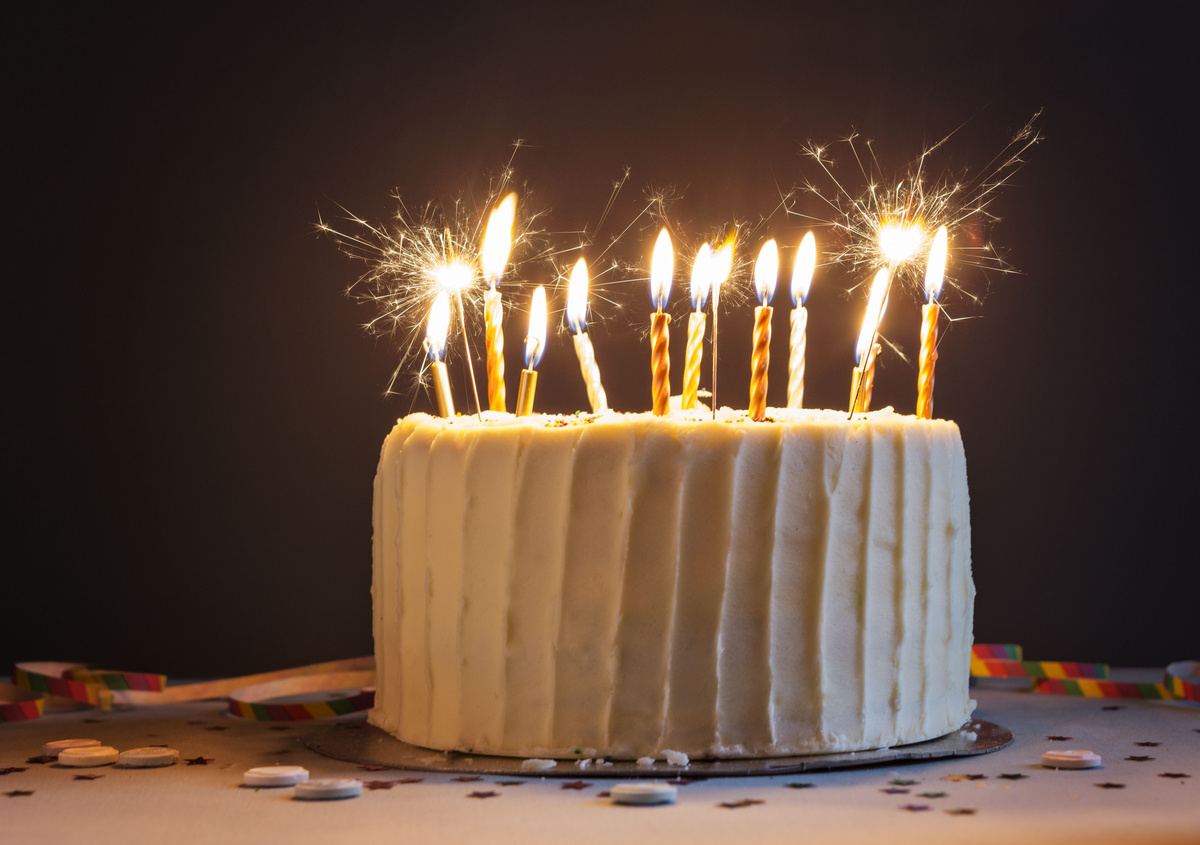
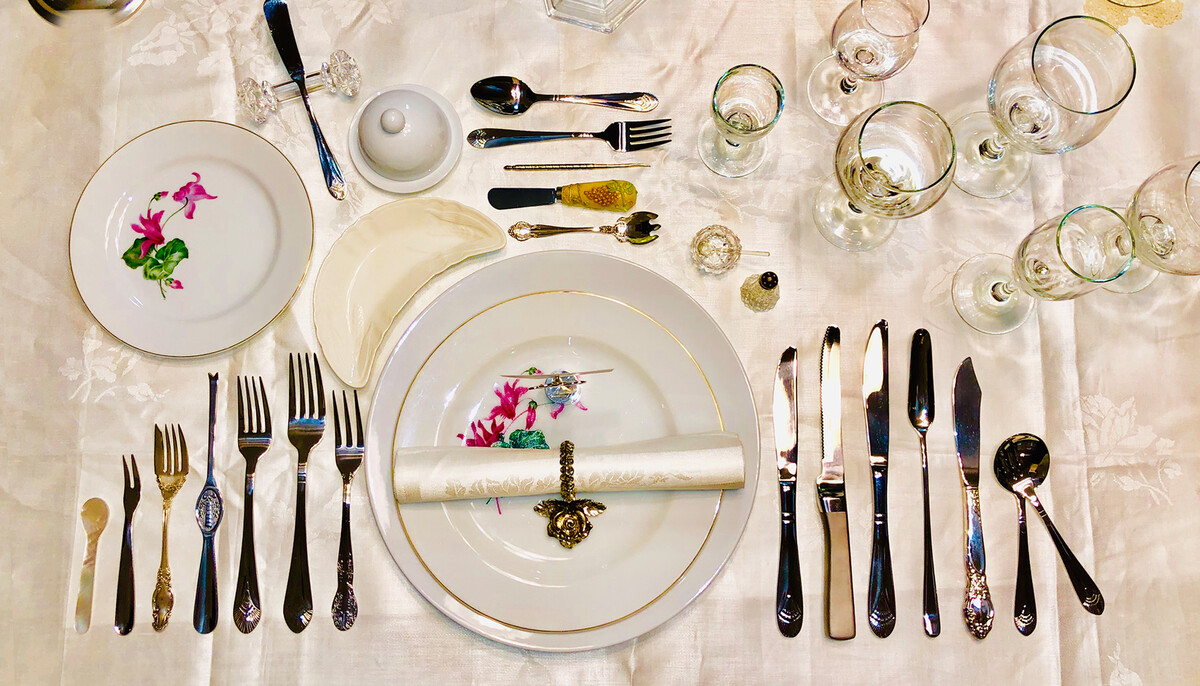
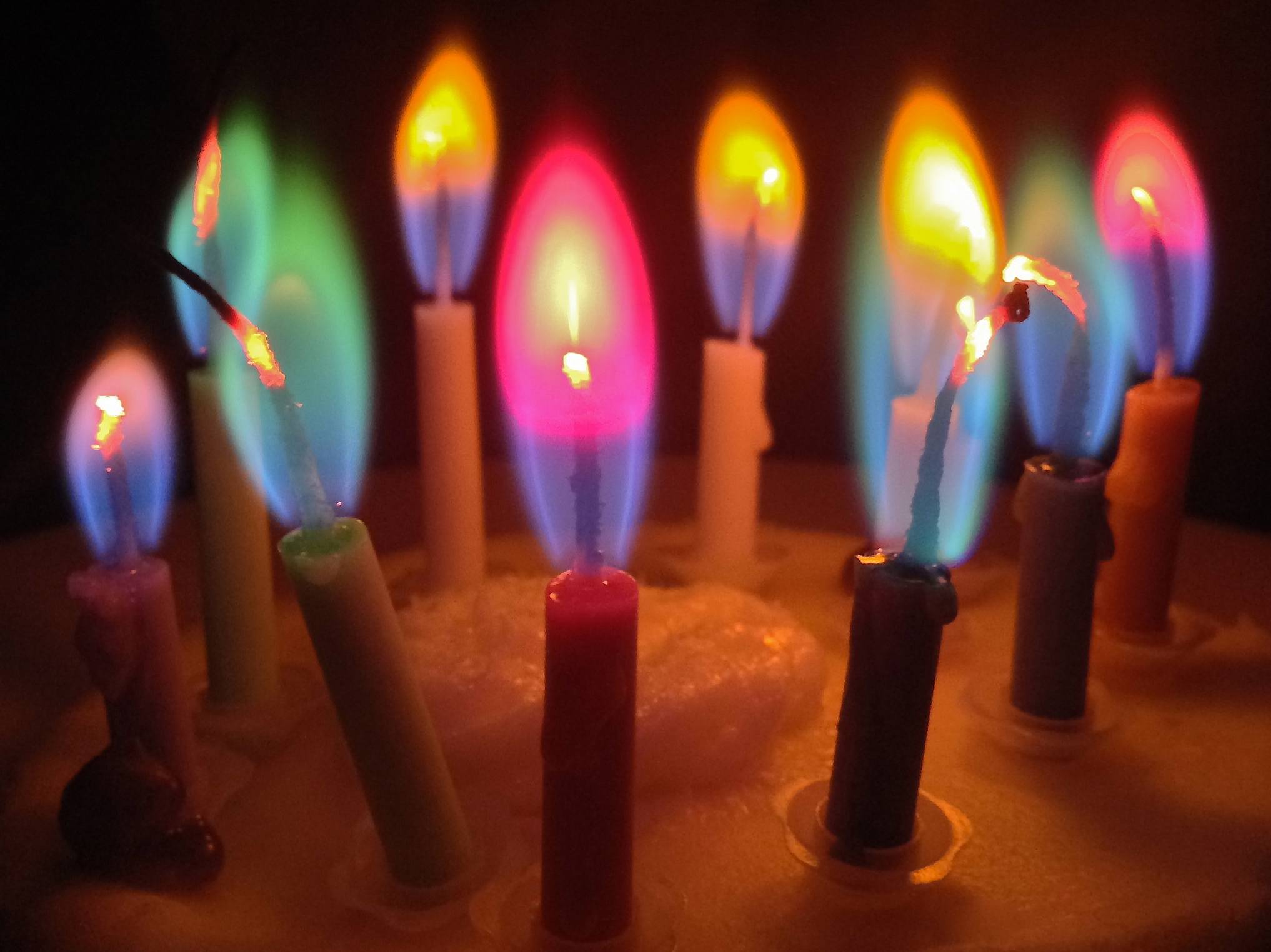
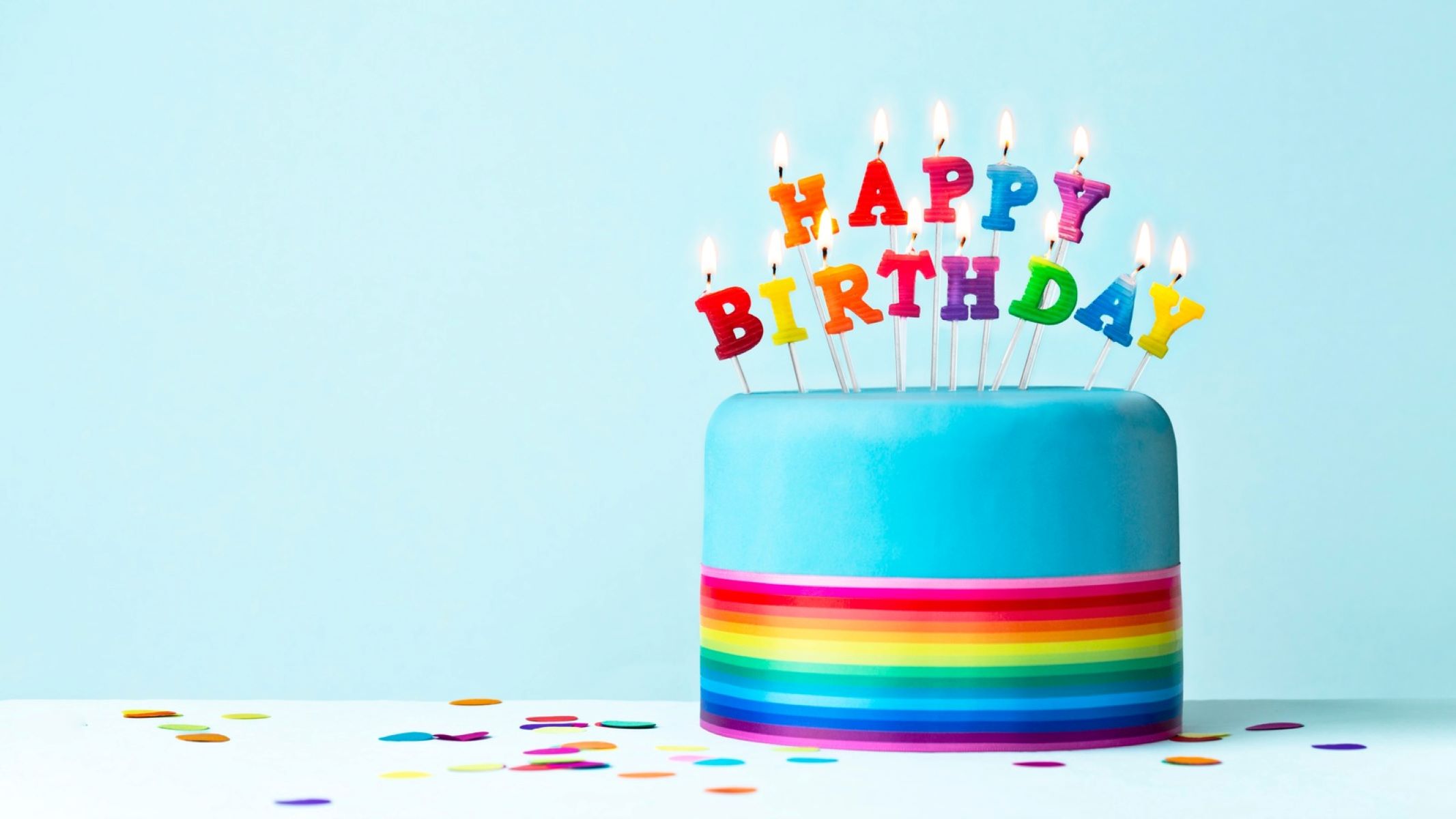

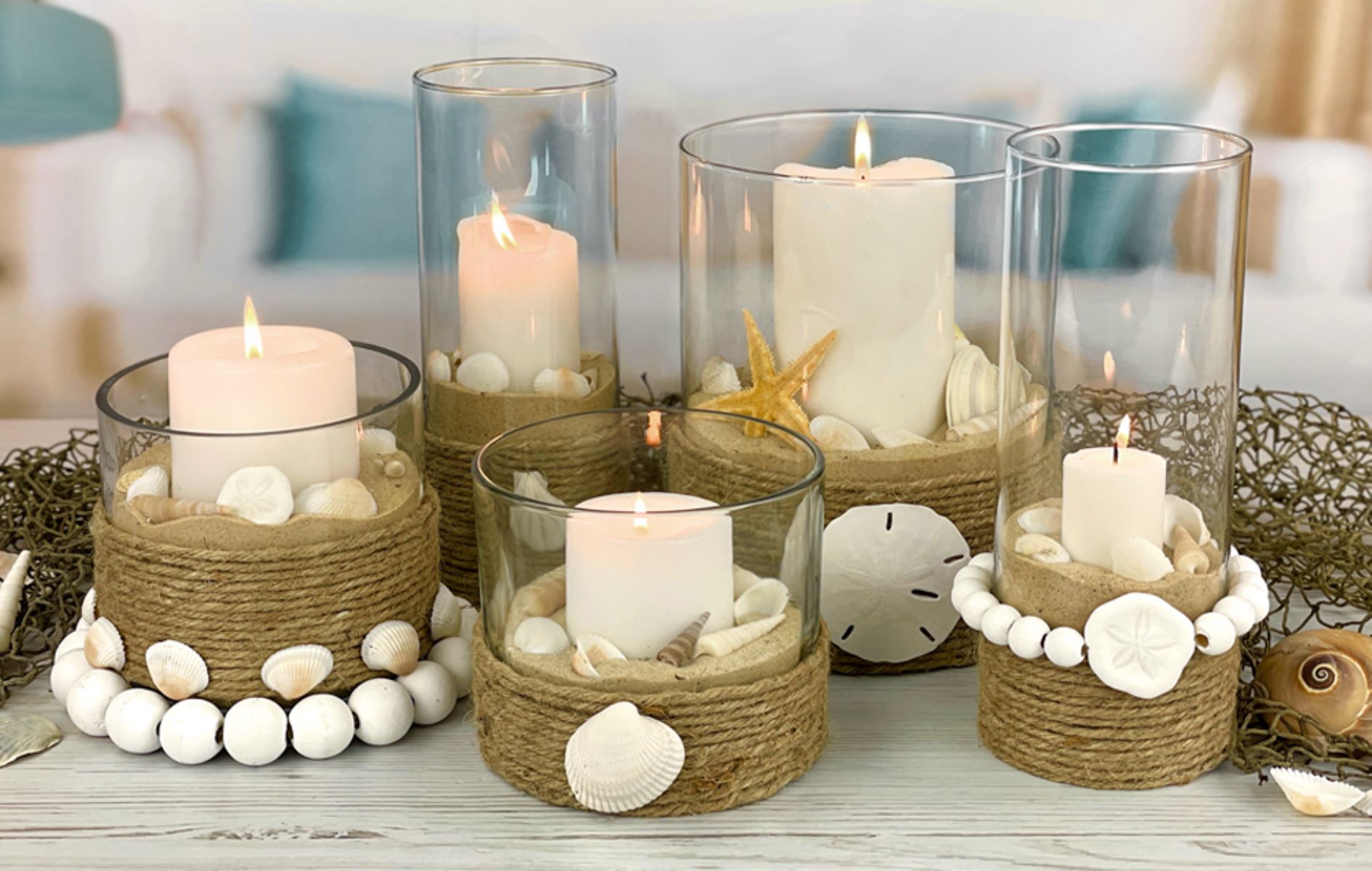

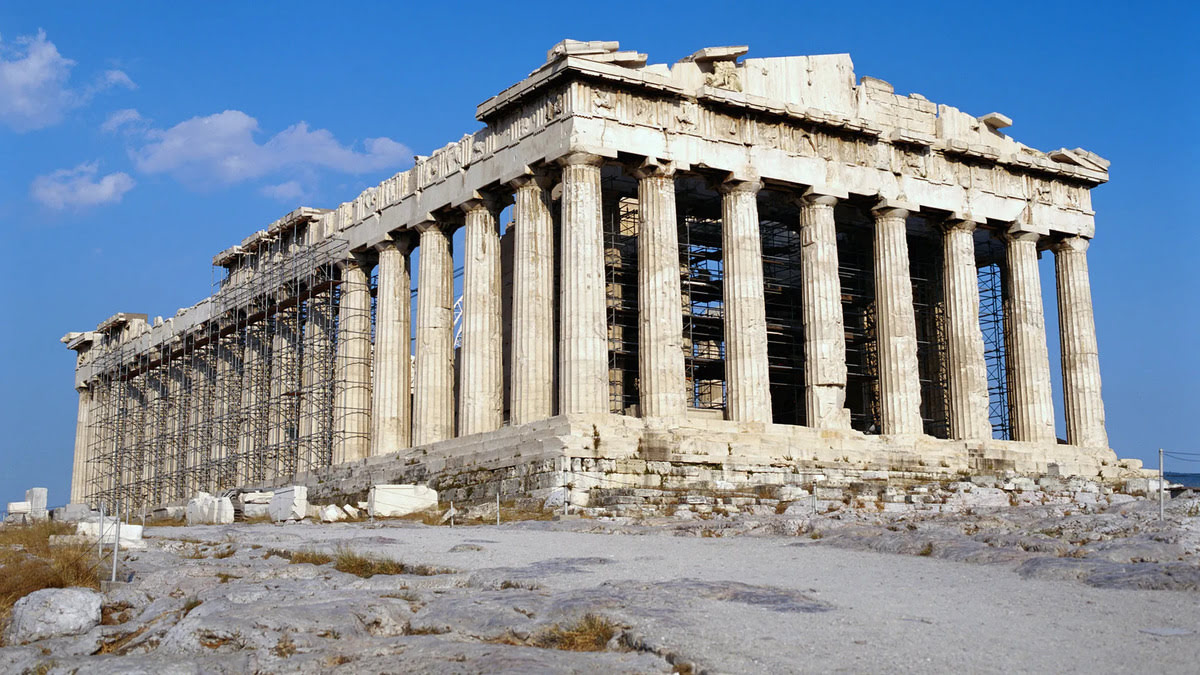

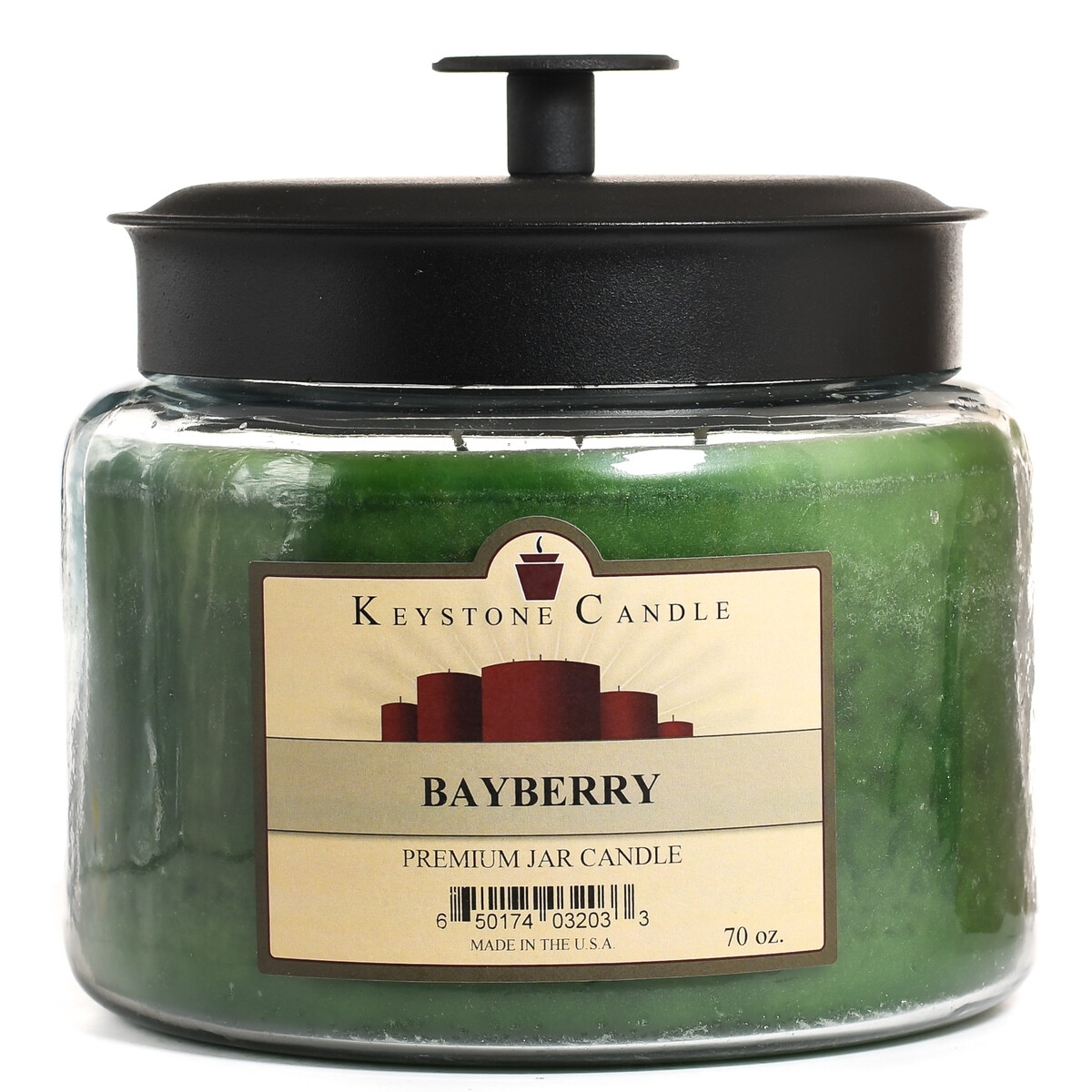

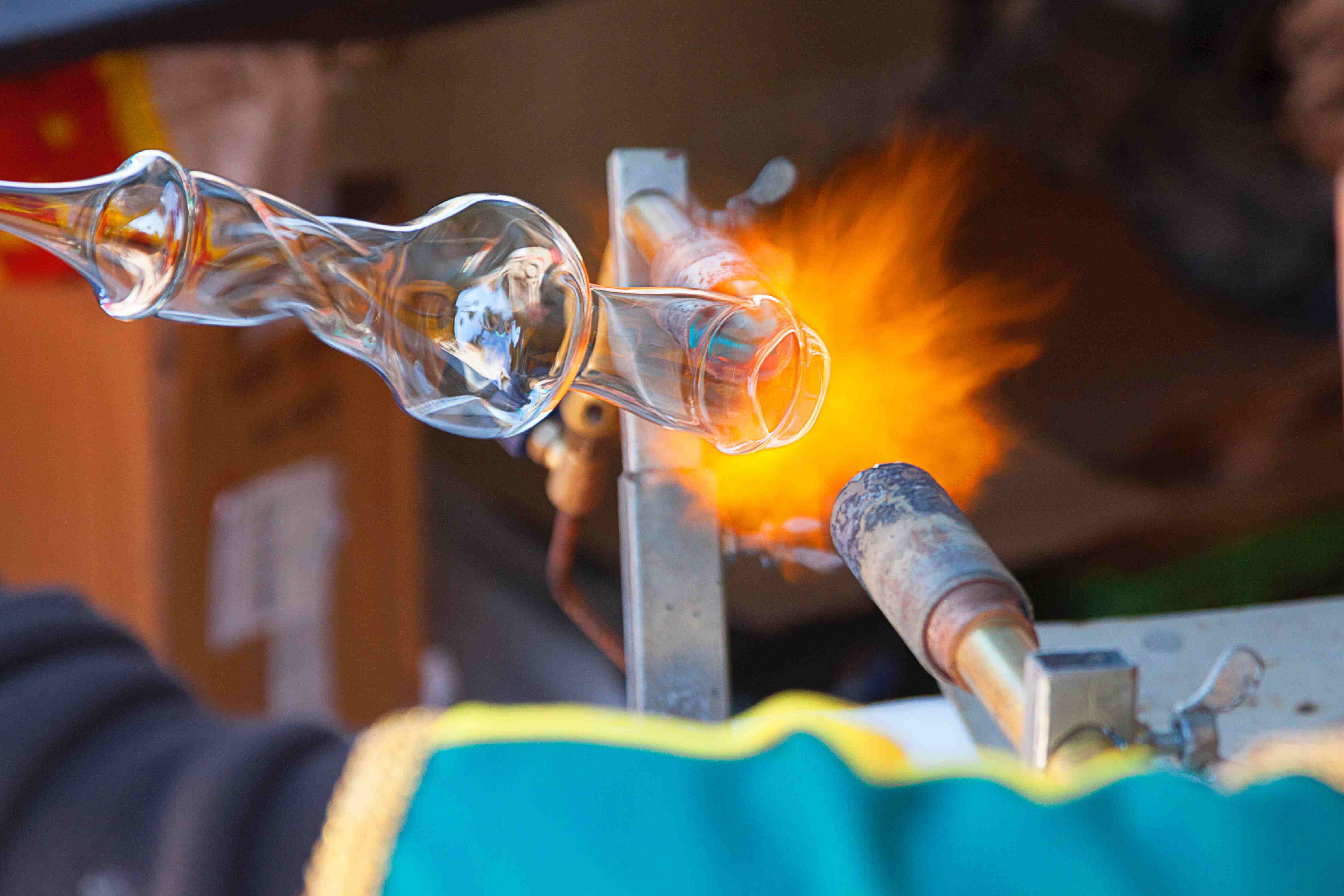

0 thoughts on “When Did Birthday Candles Originate”